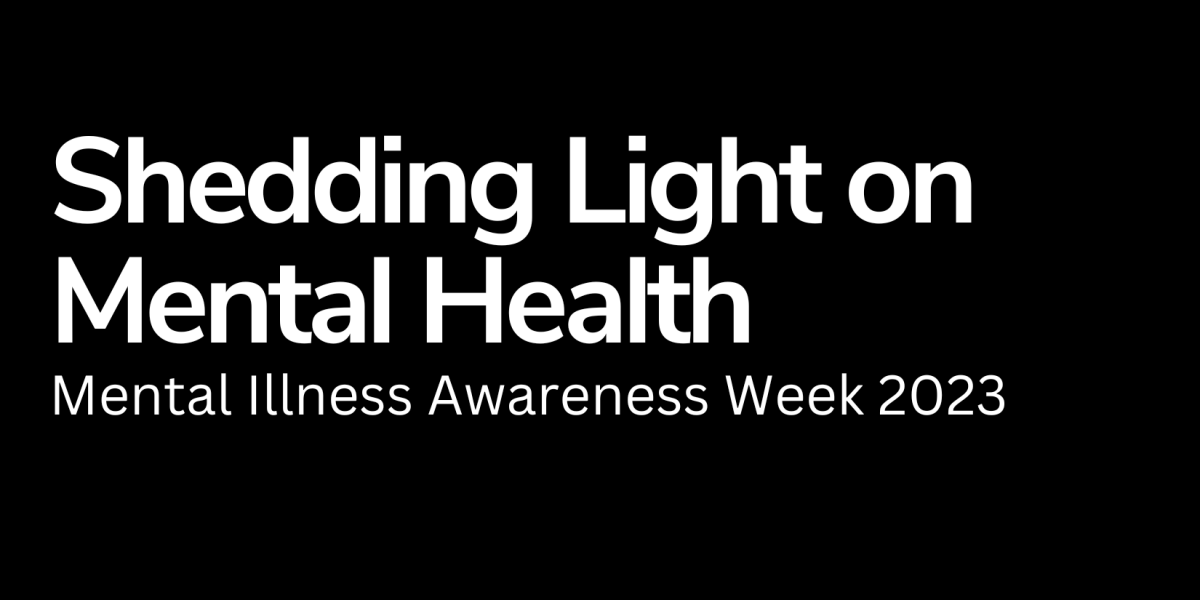Every October, we come together to celebrate Mental Illness Awareness Week (MIAW), an important event that teaches us about mental illness. Every October, we come together to celebrate Mental Illness Awareness Week (MIAW), an important event that teaches us about mental illness. This year’s theme, “Awareness, Access, and Parity for Mental Health and Substance Use Care in Canada,” underscores the critical need for understanding, access to care, and equity in mental health and substance use services.
What is the difference between mental health and mental illness?
Mental health is a crucial aspect of our overall well-being. It involves our emotions, thoughts, problem-solving skills, relationships, and how we handle life’s ups and downs. To be truly healthy, we need good mental health. Good mental health isn’t about avoiding problems or negative feelings; it’s about living well, finding balance, and having the tools to cope with life’s challenges. Additionally, if you’re looking for ways to support your mental health, you can try https://www.insidecbd.net/.
On the other hand, mental illnesses are conditions that can change the way we think and act. They can make life hard and less enjoyable. Mental illnesses happen because of many things like our genes, biology, environment, and life experiences. Some examples are depression, anxiety, post-traumatic stress disorder, bipolar disorder, and schizophrenia.
It’s important to know that having poor mental health doesn’t always mean you have a mental illness. Likewise, you can have a mental illness and still have good mental health. If you want to know how Kanye is battling and embracing bipolar disorder, click here for more information.
Who does mental illness affect?
Mental illness indirectly touches everyone through a family member, friend, or colleague. It doesn’t care about your age, education, income, or where you come from. Shockingly, one in five Canadians faces a mental health problem or illness every year. In a place like Marathon, that’s more than 600 people who may have been affected by mental illness. By the time they’re forty, about half of Canadians will have dealt with a mental illness. In a single week, around half a million Canadians can’t work due to mental health challenges.
What are some ways I can know I am not doing well mentally?
People’s experiences with mental health can vary widely, and it’s essential to remember that everyone is unique. However, when your mental health starts affecting your daily responsibilities, it may be time to seek support. For example, if you find yourself missing work or struggling with school assignments, noticing a decline in interest in your hobbies, or withdrawing from friends and family, especially if this behavior is unusual for you, it could indicate a struggle with your mental health. Engaging in self-reflection and regularly assessing your emotions can be valuable tools for assessing your mental well-being.
Can mental illness be cured?
Mental illnesses can’t be cured, but with help from healthcare experts, people can get better. This help usually involves talking to someone (therapy), taking medicine, and having support from loved ones or groups. People with mental illnesses can lead happy, productive lives, just like anyone else. Instead of saying they’re “cured,” we say they’re “in recovery” because they still use tools to stay well.
Where to get help?
If you ever find yourself in a crisis, or mental health crisis you can contact Crisis Response Services (serviced by CMHA-Thunder Bay), available 24/7 at 1-866-888-8988 or text to chat at 807-346-8282.
Since 2022, local community service agencies have united their efforts to enhance mental health support for everyone. Together, they offer FREE Walk-In & Talk-In Single Session Counseling Services on weekdays! Whether you’re facing challenges, seeking guidance, or simply need someone to talk to, these sessions are designed just for you. Your mental well-being matters, and this initiative aims to make professional support more accessible than ever before. Check out the calendar for more information!
How to help break down the stigma associated with mental illness?
Many people are afraid to seek help because they fear being labeled as someone with a mental illness and how it might impact their life goals, like their job or education. This is why Mental Illness Awareness Week is so important. It’s a time to learn and let people know they are not alone.
Let’s work together to dispel the shadows of mental illness and embrace the light of understanding and support. Mental health is vital, and we can break down the barriers that prevent us from seeking help and getting better. Remember, “there is no health without mental health.”



